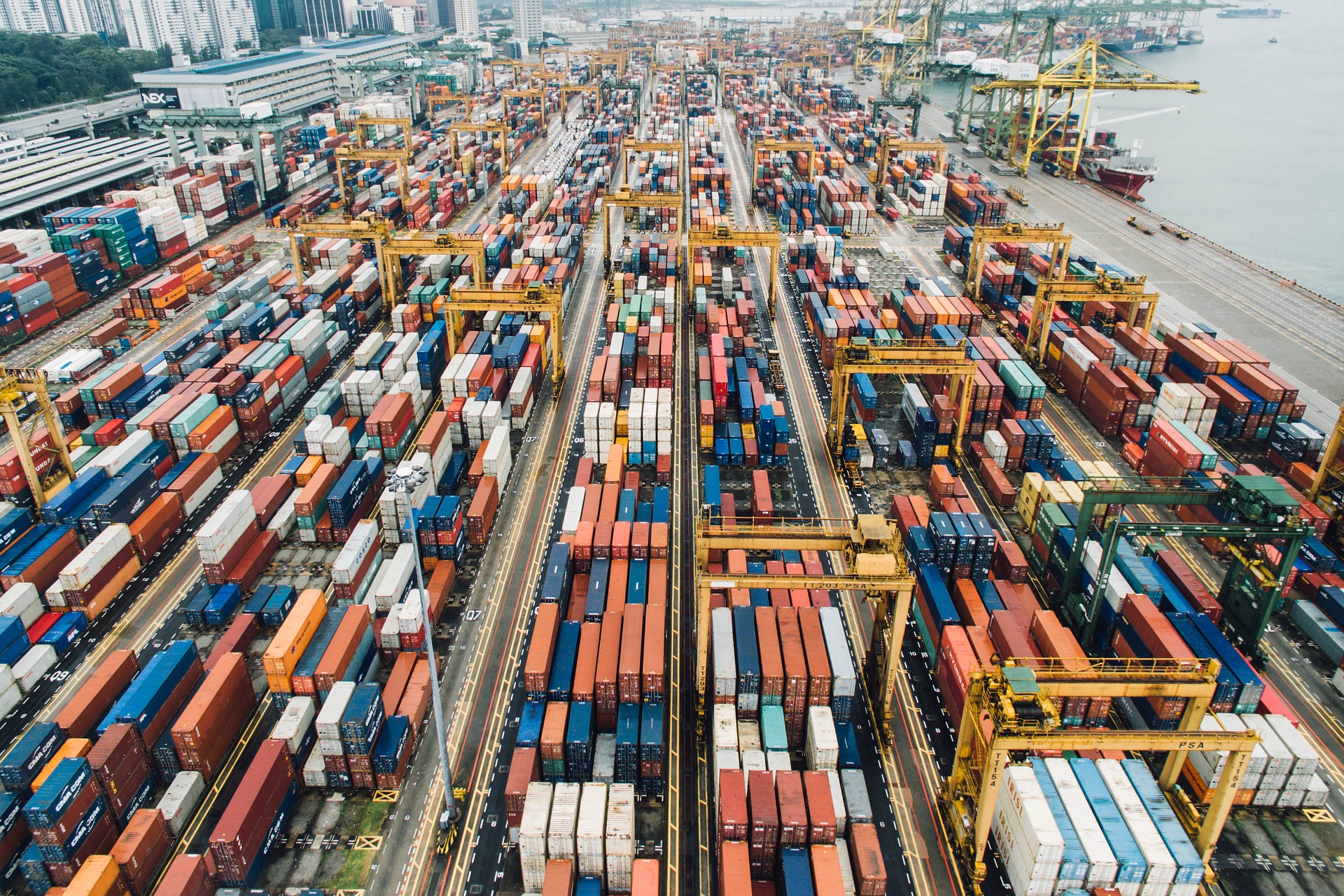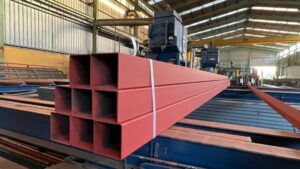The EU will temporarily suspend application of “rebalancing” duties originally scheduled to be charged on imports of some US products effective June 1, a European Commission spokesperson confirmed May 18.
The suspension is in the “spirit” of cooperation between the two “strategic partners,” which may have been set back by the actions by the previous US administration, the EC spokesperson said.
“Our joint aim is to put an end to the WTO disputes following the US application of tariffs on imports from the EU under Section 232 under the previous administration,” the spokesperson said in a statement emailed to S&P Global Platts. “The US is a valued strategic partner and we are determined to work closely with the Biden administration to mitigate trade irritants that weaken this partnership.”
The EC introduced rebalancing duties in June 2018 in response to the US imposing Section 232 tariffs of 25% on steel imports and 10% on aluminum imports from the EU, Canada and Mexico in March 2018. The rebalancing duties initially targeted a list of products worth Eur2.8 billion and were scheduled to target a further Eur3.6 billion worth of trade as from June 1, 2021. It is this “second tranche” of rebalancing measures that has now been suspended, the EC spokesperson confirmed.
In addition to steel and aluminum, the rebalancing measures targeted US agricultural and tobacco products, among others.
Some market sources believe the non-application of additional rebalancing measures could herald an easing by the Biden administration of US Section 232 tariffs, particularly in the light of recent skyrocketing steel prices and tight supplies in the US market, in addition to a surge in aluminum prices. Fear of price inflation is growing in the US, where inflation levels of an annualized rate of 4.2% in the 12 months to April were reportedly the highest since 2008. High import tariffs inevitably contribute to product price inflation.
The US Trade Representative’s office and Commerce Department and the EC on May 17 announced they would collaborate on finding effective solutions to address global steel and aluminum excess capacity and to put an end to their World Trade Organization disputes by the end of this year, the EC spokesperson said.
“To ensure a constructive environment for this work, we agreed to avoid changes that negatively affect bilateral trade,” the spokesperson added.
— Diana Kinch






